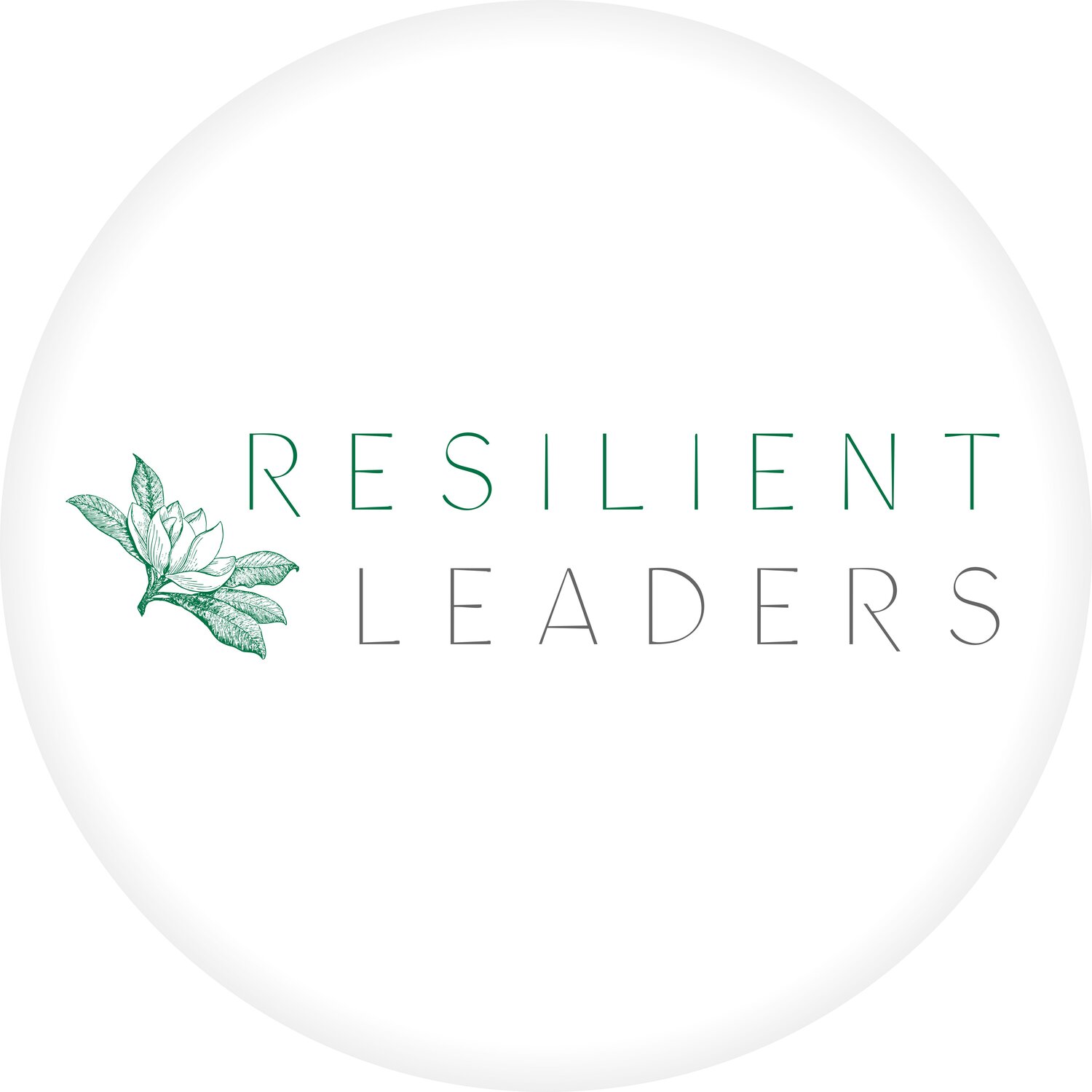Celebrating Women’s History Month 2023 Spotlight on Jacqueline Twillie
As we celebrate Women's History Month in 2023, we believe in the power of reflection, emphasizing women's progress in the workplace and acknowledging the ongoing challenges they face. One of the most significant challenges is achieving equity and equality in the workplace. Women have been fighting for equal pay and opportunities for decades, but the fight is far from over. In this guide, we will explore the concepts of equity and equality and how they relate to the workplace, focusing on the work of our founder, Jacqueline Twillie.
What is Equity?
Equity is the principle of fairness. In the workplace, equity means that all employees are treated fairly, regardless of their gender, race, age, or any other characteristic. Equity ensures everyone has access to the same opportunities and resources and that no one is discriminated against or disadvantaged because of who they are. For example, if two employees with the same qualifications and experience are doing the same job, they should be paid the same salary, regardless of gender or race.
What is Equality?
Equality is the principle of treating everyone the same. In the workplace, equality means that all employees are treated the same way, regardless of their gender, race, age, or any other characteristic. Equality ensures that everyone has the same opportunities and resources. Still, it doesn't necessarily consider that some employees may need more support or accommodations to achieve the same outcomes. For example, if a female employee needs to take time off for maternity leave, she should be able to do so without facing any negative consequences or discrimination.
Equity vs. Equality in the Workplace
While equity and equality are crucial principles in the workplace, they are not interchangeable. Achieving equity means addressing the systemic barriers and biases that prevent certain groups from having equal opportunities and resources. For example, women may face barriers such as the gender pay gap, lack of access to leadership positions, and bias in hiring and promotion. Achieving equity means addressing these barriers through policies and practices that promote fairness and equal opportunities.
Jacqueline Twillie and ZeroGap.co
Jacqueline Twillie is a leading expert on workplace equity and equality, and the founder of ZeroGap.co, a consulting firm that helps organizations close gender-based disparities in the workplace. She has written several books on the topic, including "Don't Leave Money on the Table: Negotiation Strategies for Women Leaders" and "Navigating the Career Jungle: A Guide for Young Professionals." Twillie is a sought-after speaker featured in numerous publications, including Forbes, The New York Times, and The Wall Street Journal.
"It's not enough to say we support equality for women and underrepresented leaders. We must actively work to create a workplace culture that celebrates diversity and provides equal opportunities for all. Let's move beyond performative statements and take tangible steps to make equality a reality."
~ Jacqueline V. Twillie, Founder ZeroGap.co
ZeroGap.co offers various services to help organizations create more equitable workplaces. This includes conducting pay equity audits, providing training on unconscious bias and inclusive leadership, and offering individual coaching for women to help them negotiate for better pay and benefits. ZeroGap.co also provides resources for women, such as webinars and workshops, to help them build their skills and advance in their careers.
Celebrating and Call to Action
As we celebrate Women's History Month in 2023, it's essential to recognize the ongoing fight for equity and equality in the workplace. Women, and other underrepresented groups, continue to face barriers and biases that prevent them from achieving their full potential. Through the work of advocates like Jacqueline Twillie and organizations like ZeroGap.co, we can progress toward more equitable and inclusive workplaces. By promoting fairness, equal opportunities, and diversity, we can create workplaces that support the success of all employees.


